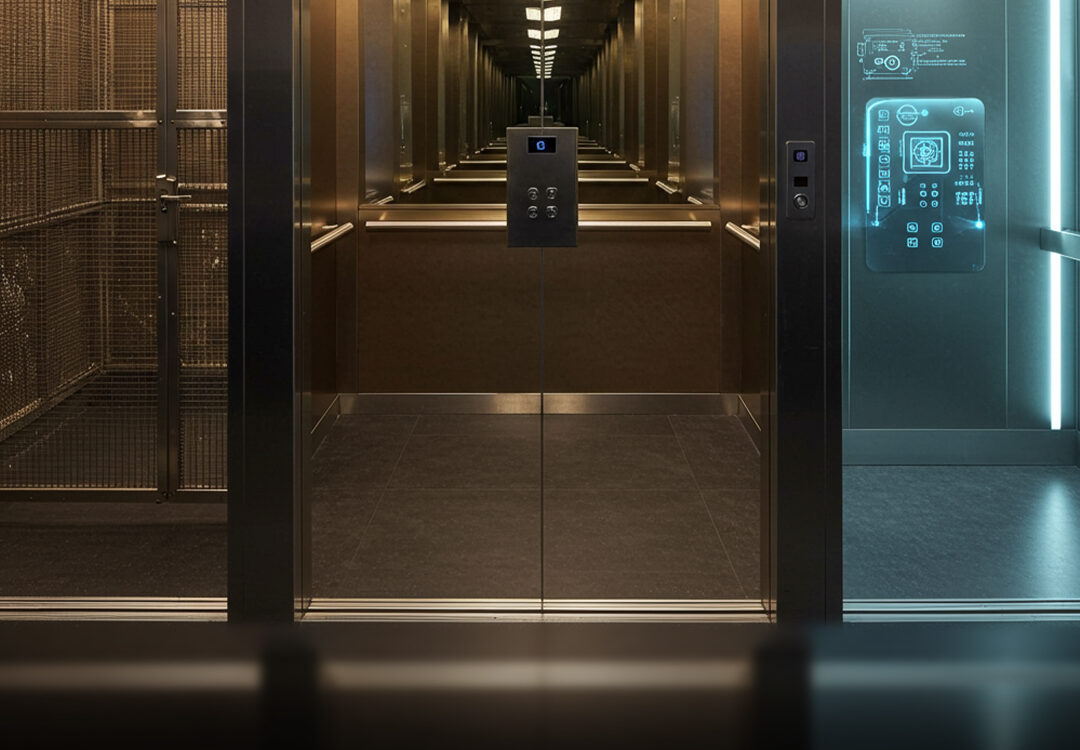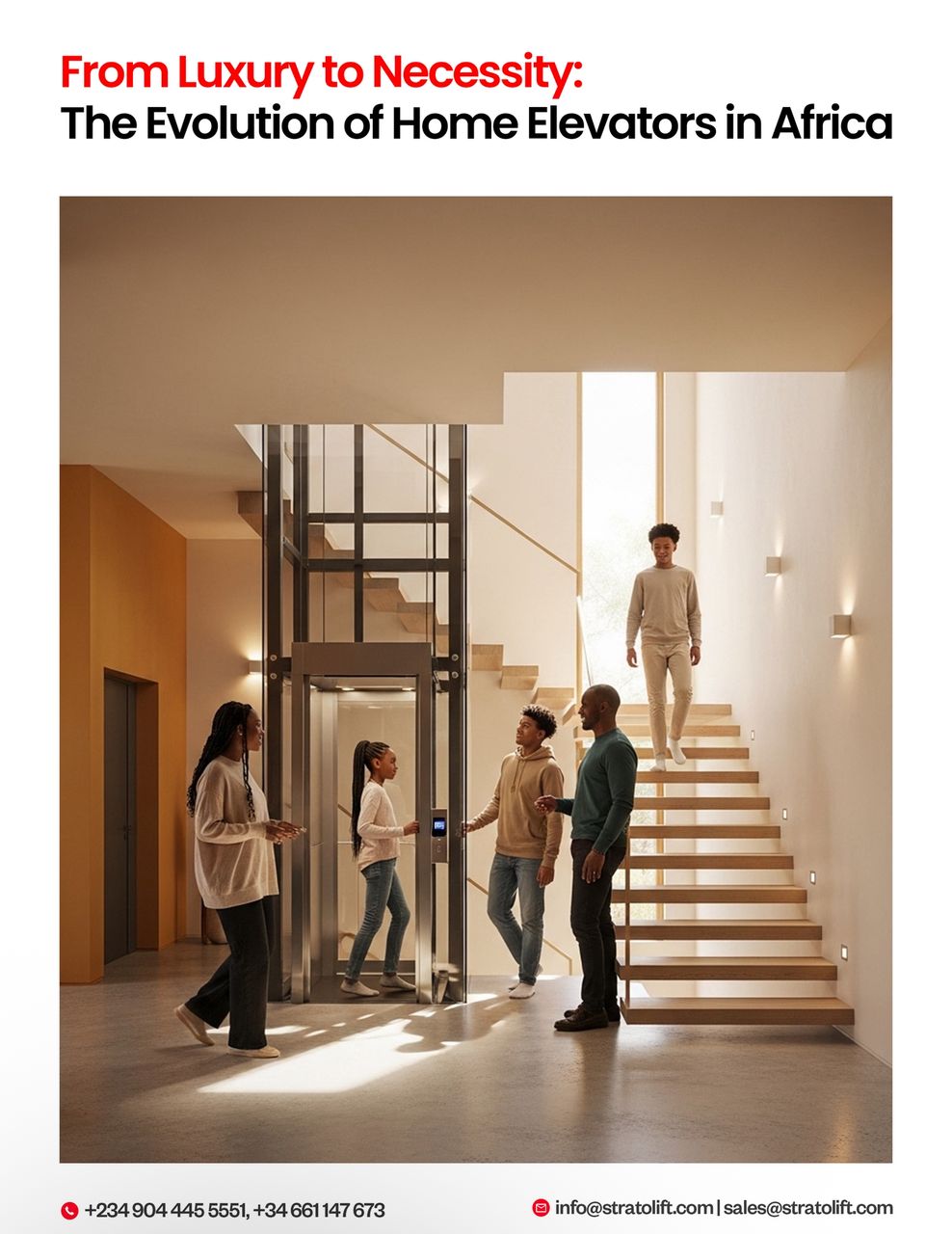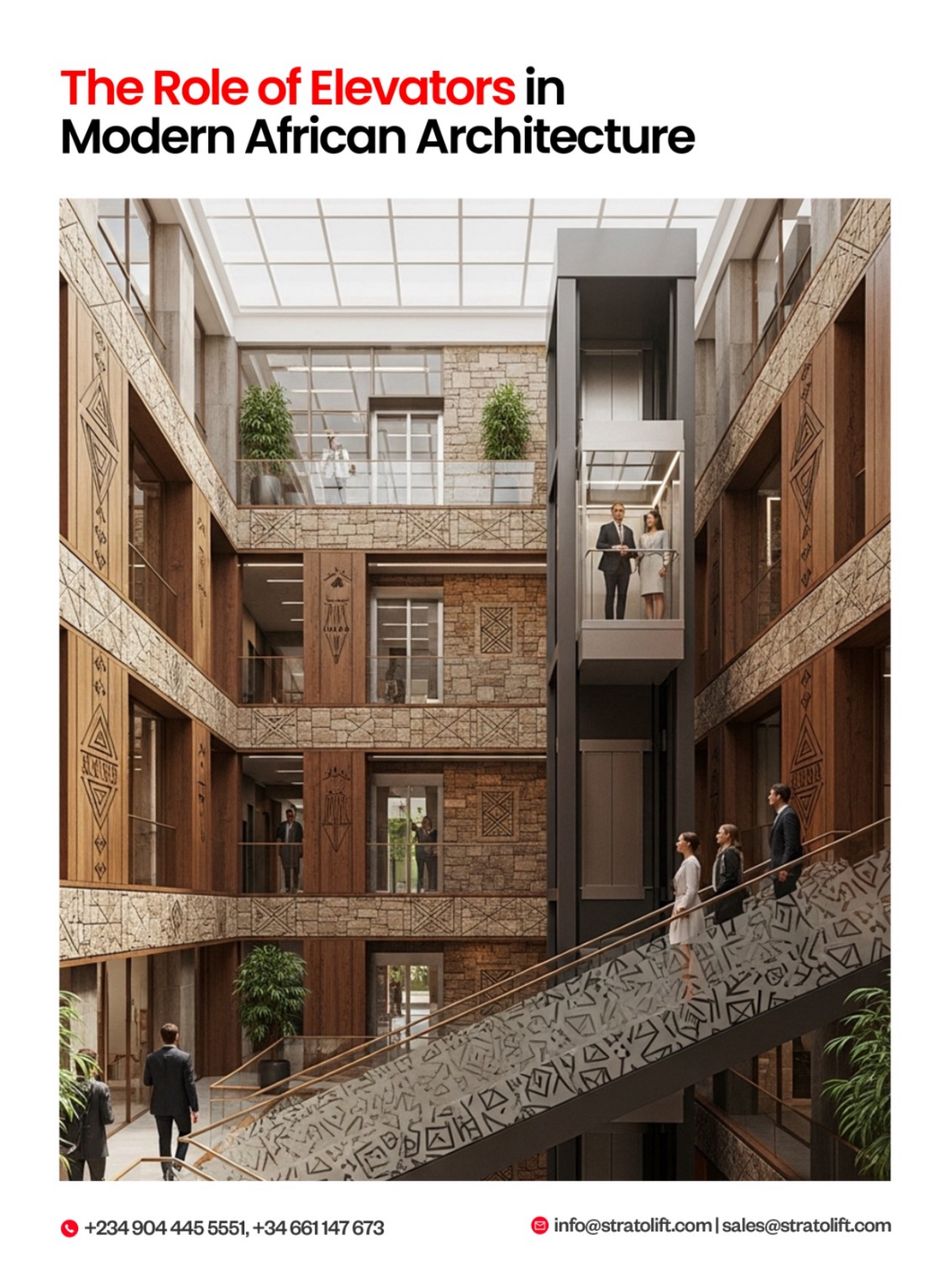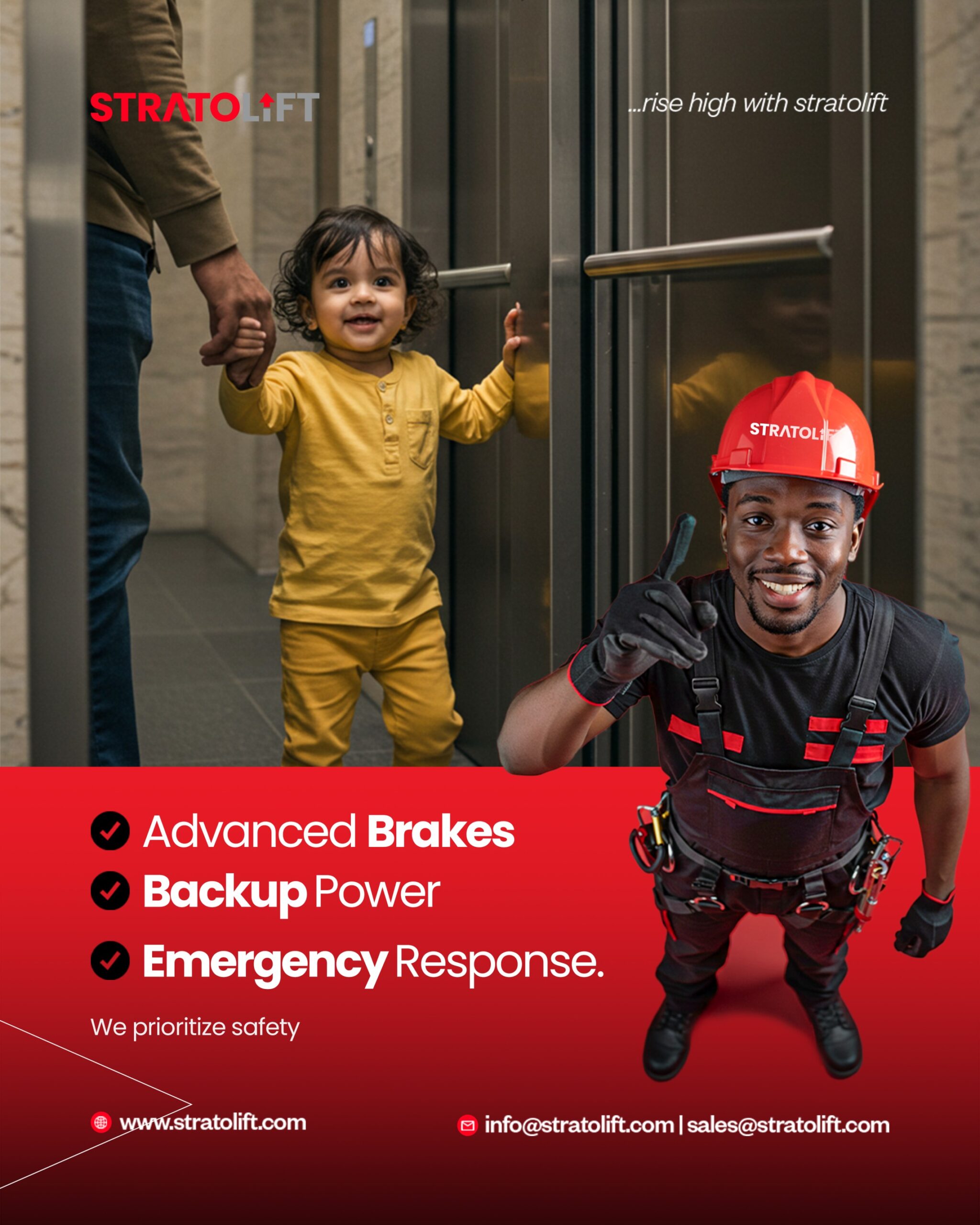
Smart Elevators – The Future of Vertical Mobility
Introduction
In an age defined by rapid technological progress, buildings are getting smarter—and elevators are no exception. No longer just mechanical boxes that carry people up and down, modern elevators are evolving into intelligent vertical transportation systems that transform how we move, connect, and experience built spaces.
Smart elevators are equipped with sophisticated technologies like Internet of Things (IoT) sensors, Artificial Intelligence (AI), predictive analytics, and energy-efficient drives. These systems don’t just make rides faster and smoother; they also provide building owners and managers with unprecedented control and insight into their operations.
According to industry research, the global smart elevator market reached approximately $12.3 billion in 2024 and is projected to nearly triple by 2032. This explosive growth is driven by rising urbanization, demand for sustainable solutions, and the need for safer, more personalized passenger experiences.
Stratolift is proud to be at the forefront of this revolution—designing, installing, and maintaining smart elevators that bring luxury, safety, and intelligence to every ride.
What Makes an Elevator “Smart”?
Unlike conventional elevators, smart elevators integrate multiple digital technologies that work together to improve performance, safety, and efficiency. Here are some of the defining features:
1. IoT Connectivity
Smart elevators are equipped with IoT sensors that collect and transmit real-time data about system performance, usage patterns, and potential faults. This connectivity allows building managers and technicians to:
- Monitor elevator health remotely
- Schedule predictive maintenance
- Identify and fix issues before they cause downtime
By using IoT-enabled dashboards, facility managers can see exactly how elevators are operating at any moment.
2. Destination Dispatch Systems
Traditional elevators rely on passengers pressing “up” or “down” and then stopping at every floor with a request. In contrast, destination dispatch technology allows passengers to input their destination floor in advance, grouping riders going to similar floors in the same car. This significantly reduces wait and travel times.
3. Biometric and Touchless Access
In today’s world, hygiene and security are top priorities. Smart elevators can be configured with:
- Facial recognition
- Keycard access
- Mobile phone integration
- Voice controls
These features provide secure and touch-free operation while personalizing each passenger’s experience.
4. AI-Driven Analytics
AI and machine learning algorithms analyze data over time to predict maintenance needs, optimize power usage, and improve traffic flow. For example, smart systems can automatically adjust elevator speed during peak hours or adapt cabin lighting and ventilation based on occupancy.
Advantages for Building Owners and Occupants
Smart elevators deliver tangible benefits to everyone who interacts with them:
✅ Enhanced Efficiency
By optimizing dispatching and reducing unnecessary stops, smart elevators shorten travel times, which is especially important in high-rise buildings.
✅ Improved Safety
Real-time monitoring means that any irregularities—like door malfunctions, unusual vibrations, or power issues—are flagged immediately. In emergencies, smart elevators can integrate with building fire and security systems to respond automatically.
✅ Energy Savings
Features like regenerative drives capture energy from elevator movements and feed it back into the building’s power grid. Combined with smart scheduling and standby modes, this reduces electricity consumption significantly.
✅ Better User Experience
From touchless access to personalized cabin environments, smart elevators elevate the experience for every user. Some systems even allow passengers to book an elevator from their smartphone before leaving their desk or apartment.
✅ Higher Property Value
Modern, intelligent elevators are a selling point for premium residential and commercial buildings. They demonstrate innovation, sustainability, and commitment to safety.
Emerging Trends in Smart Elevators
The future of smart elevators will be shaped by several exciting trends:
Integration with Smart Buildings
As buildings become fully connected ecosystems, elevators will seamlessly integrate with lighting, HVAC, and security systems. This enables coordinated responses during emergencies, energy optimization, and personalized experiences for tenants.
Cloud-Based Management
Cloud platforms will play a bigger role in elevator monitoring, enabling global oversight and updates without the need for on-site technicians.
Advanced Materials and Design
Manufacturers are exploring lightweight, durable materials that reduce energy consumption and noise while offering more design flexibility.
AI-Powered Predictive Maintenance
Future smart elevators will not just alert managers when something is wrong—they will proactively schedule repairs before a failure occurs.
Stratolift: Leading the Smart Elevator Movement
At Stratolift, we recognize that the elevator is no longer just a utility—it’s a vital part of the building’s ecosystem. Our smart elevator solutions combine:
- Advanced IoT sensors and analytics dashboards
- Destination dispatch systems that cut wait times
- Biometric and touchless access options
- Energy-efficient drives and regenerative braking
- Custom finishes that reflect each client’s vision
From residential high-rises to commercial towers and public facilities, Stratolift works closely with architects, developers, and building managers to tailor smart elevators that meet each project’s unique demands.
Conclusion
Smart elevators are not just a trend—they are the future of vertical mobility. By combining intelligent technology, energy efficiency, and elegant design, they create safer, more comfortable, and more sustainable experiences for everyone.
If you’re planning a new project or considering modernizing existing elevators, now is the time to embrace smart solutions that elevate your building’s value and performance.
Ready to ride the future?
Contact Stratolift today to discover how our smart elevator systems can transform your property.







